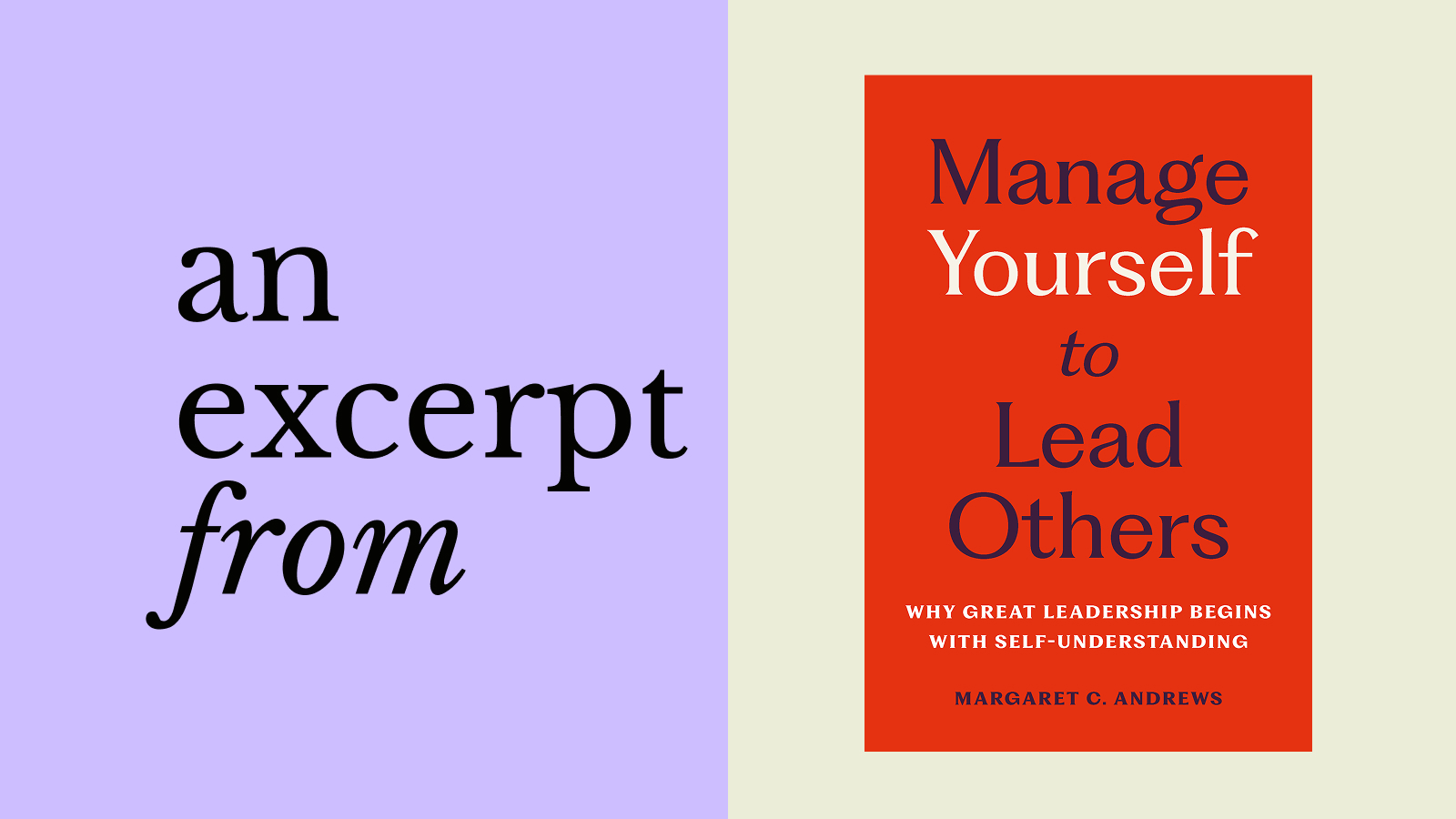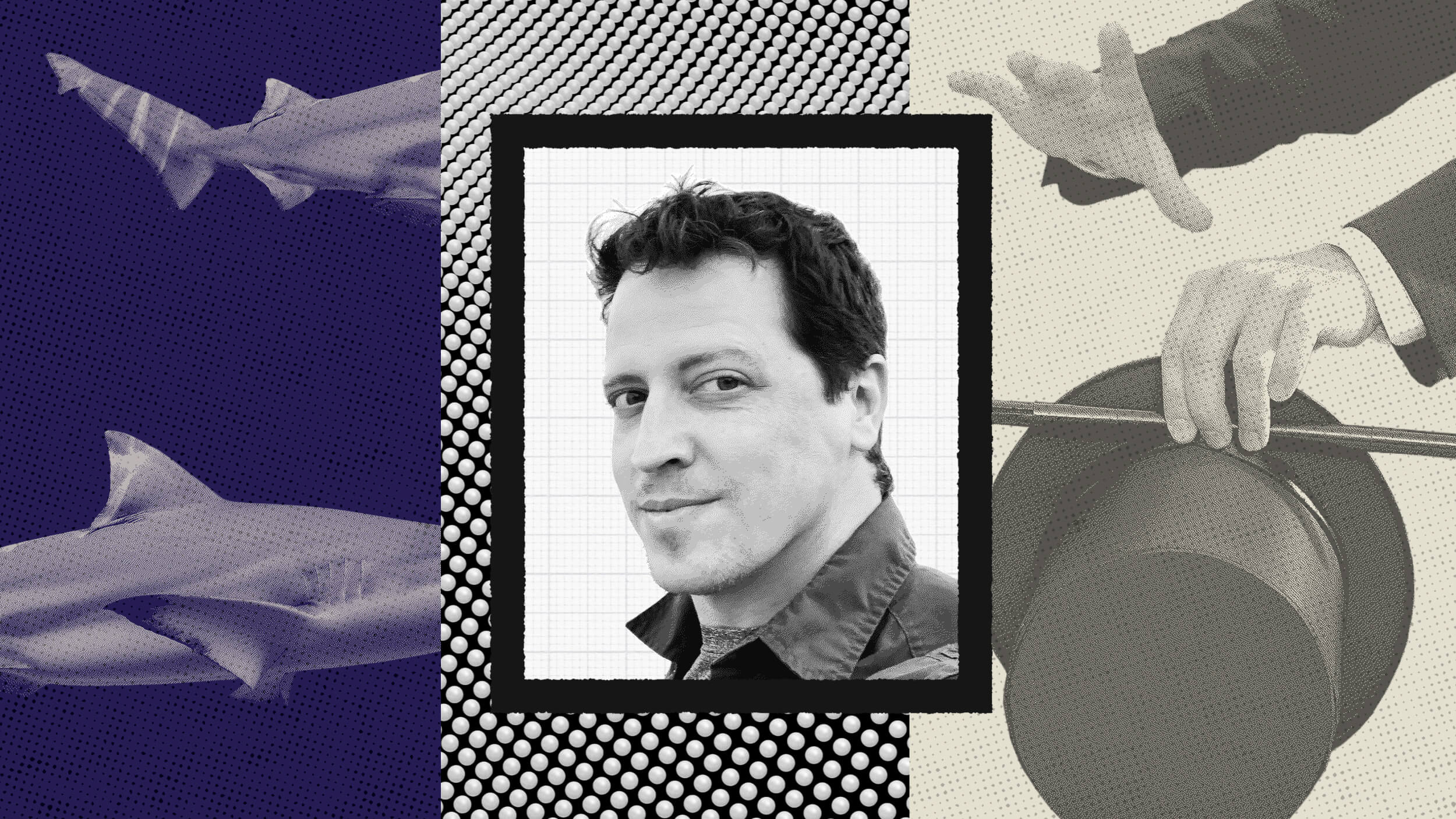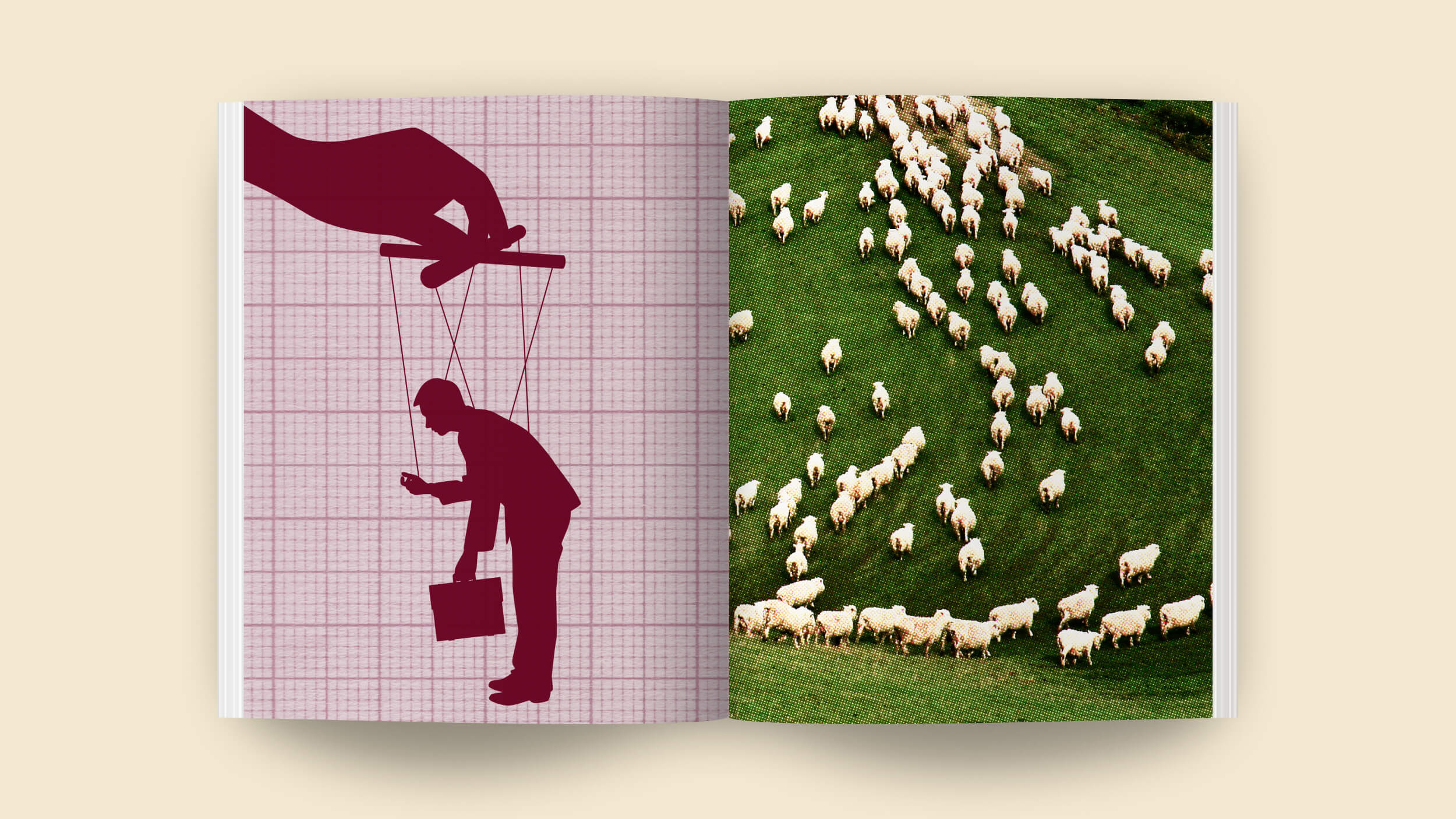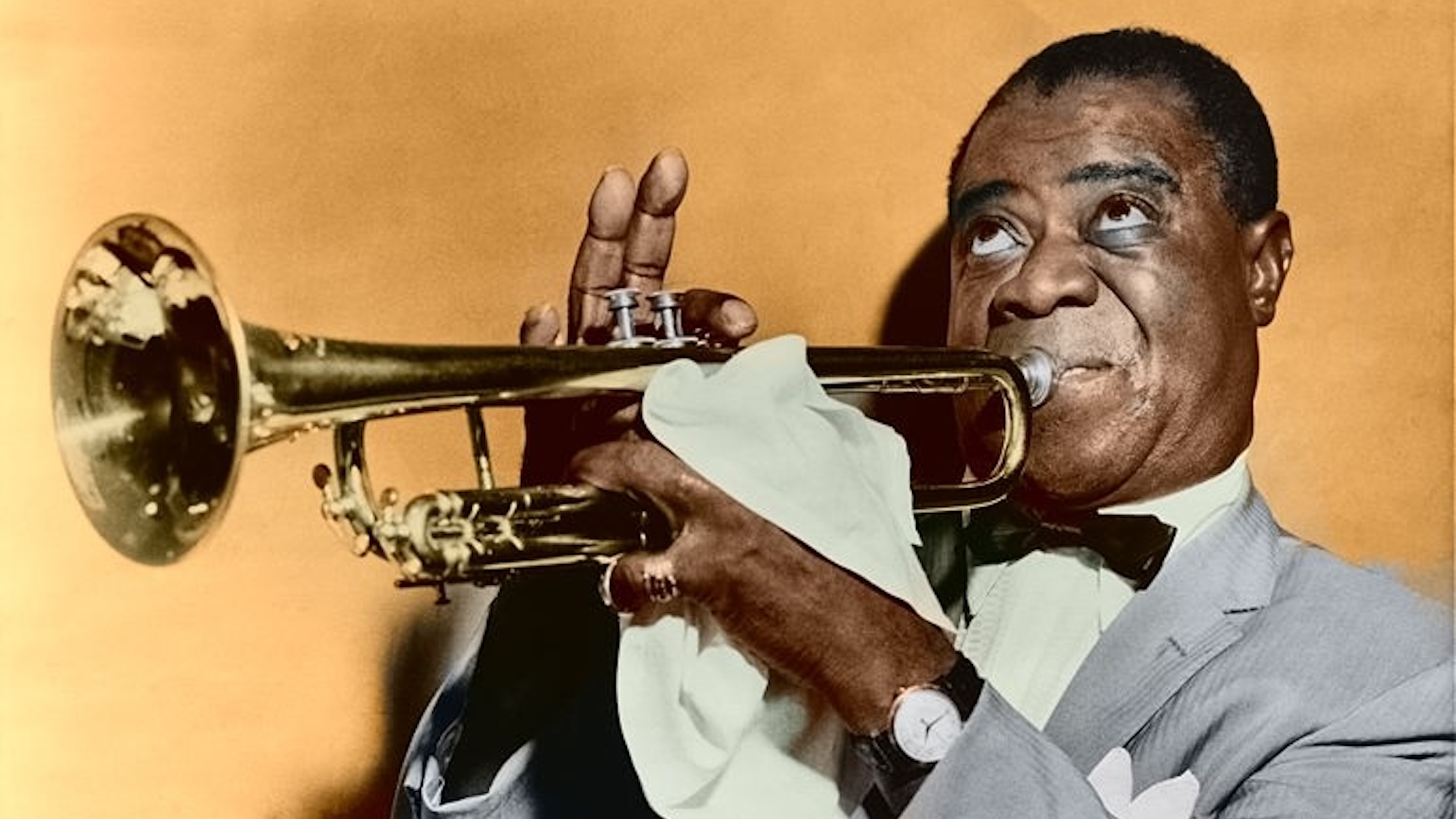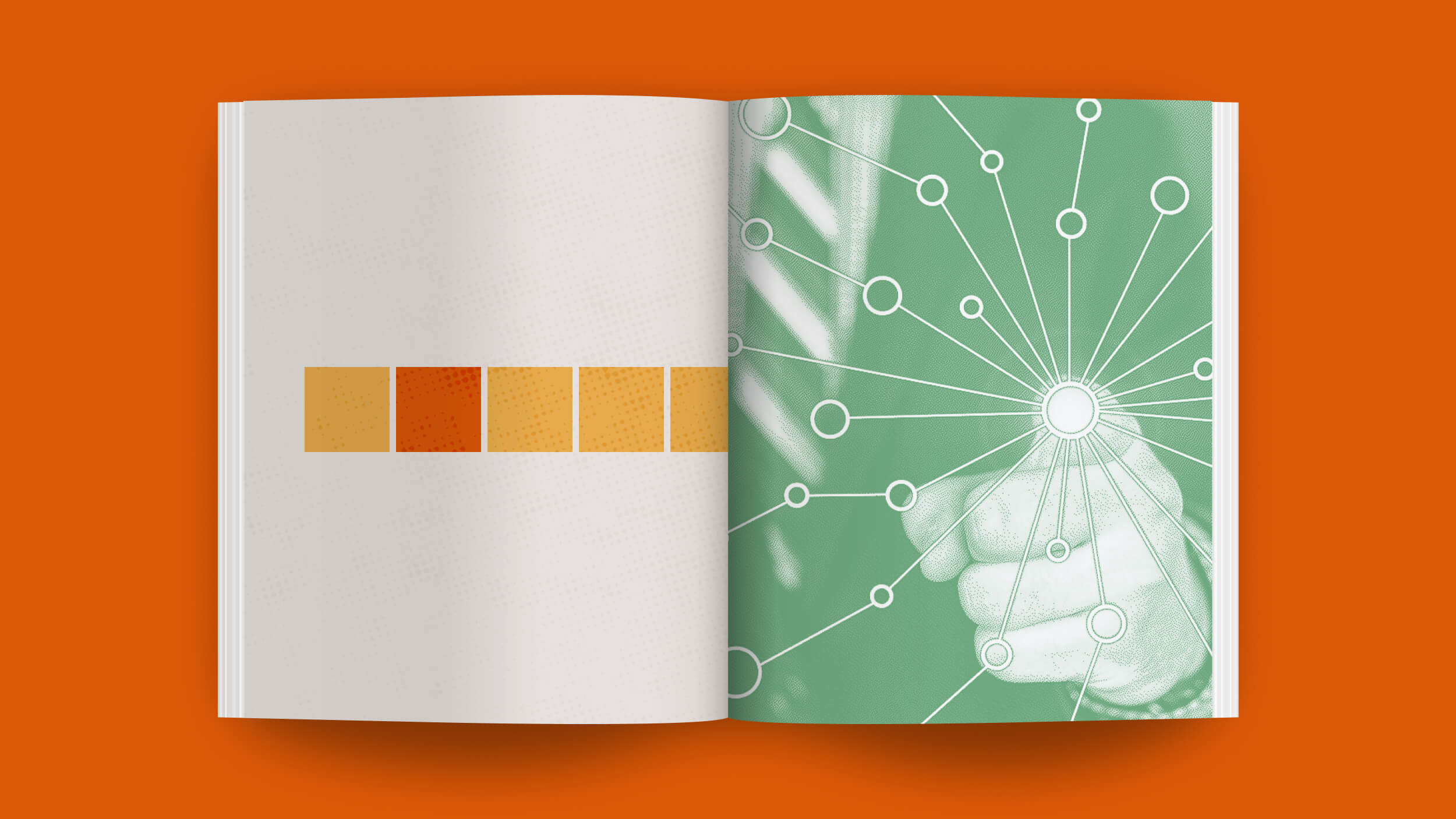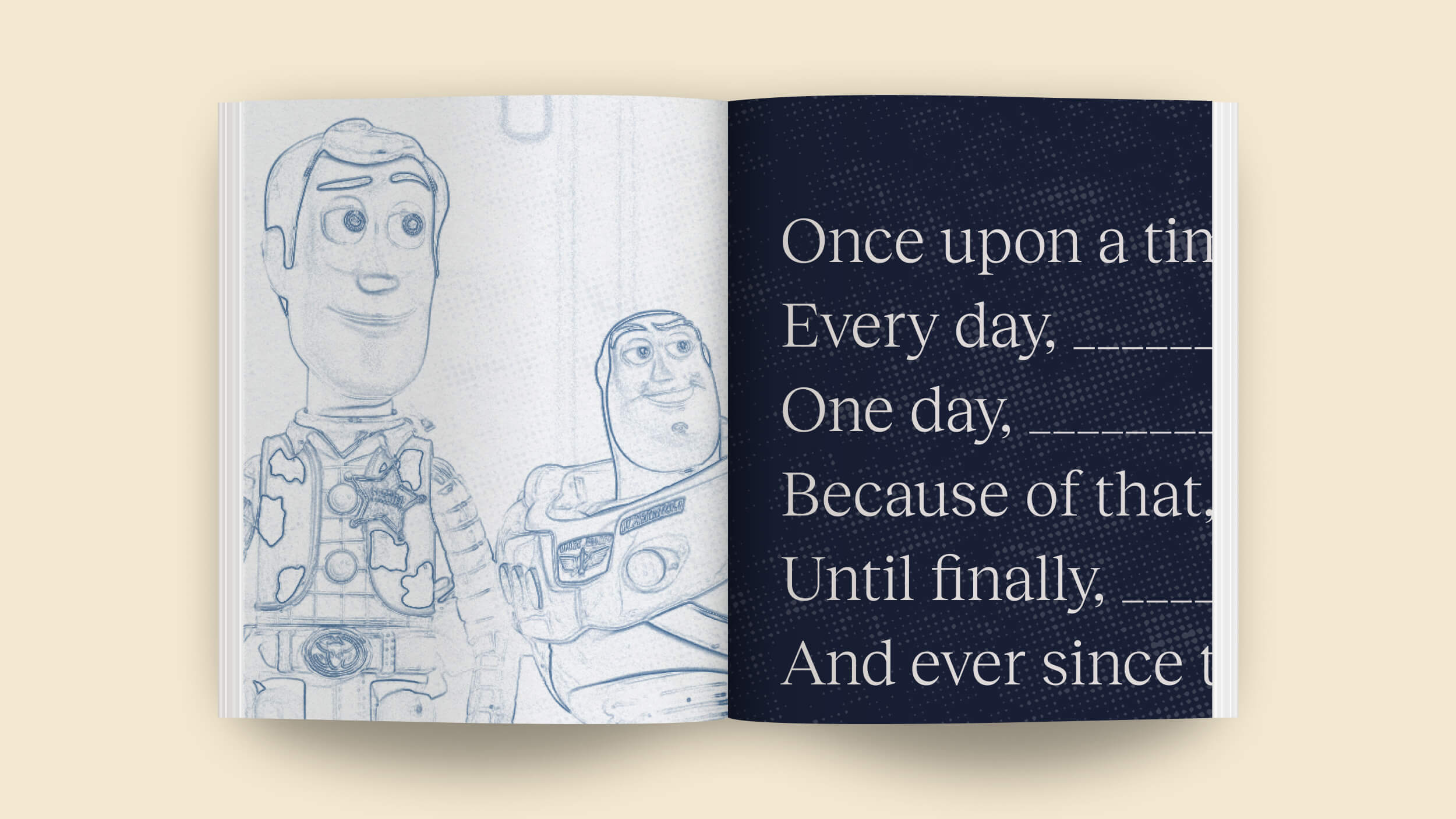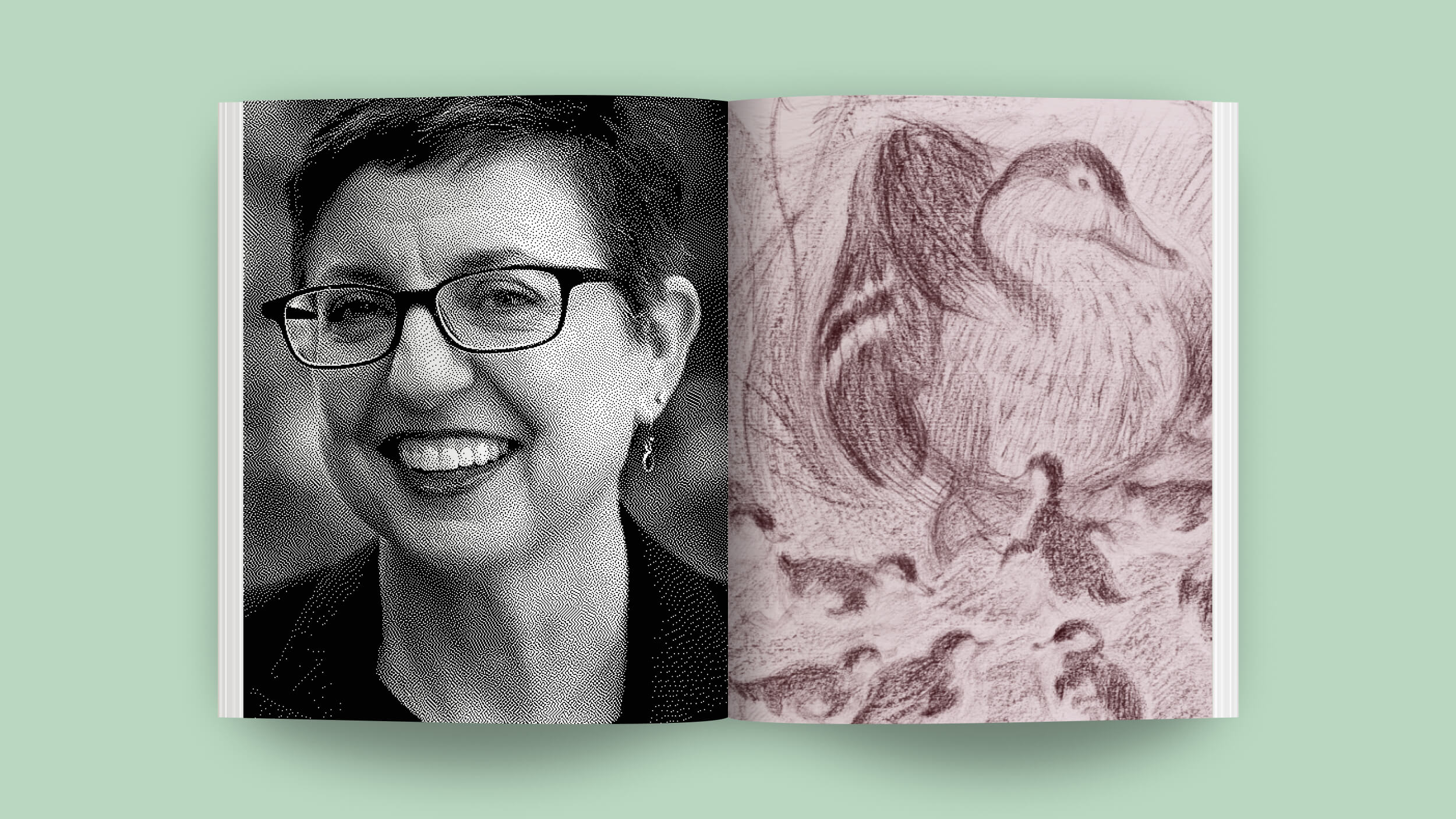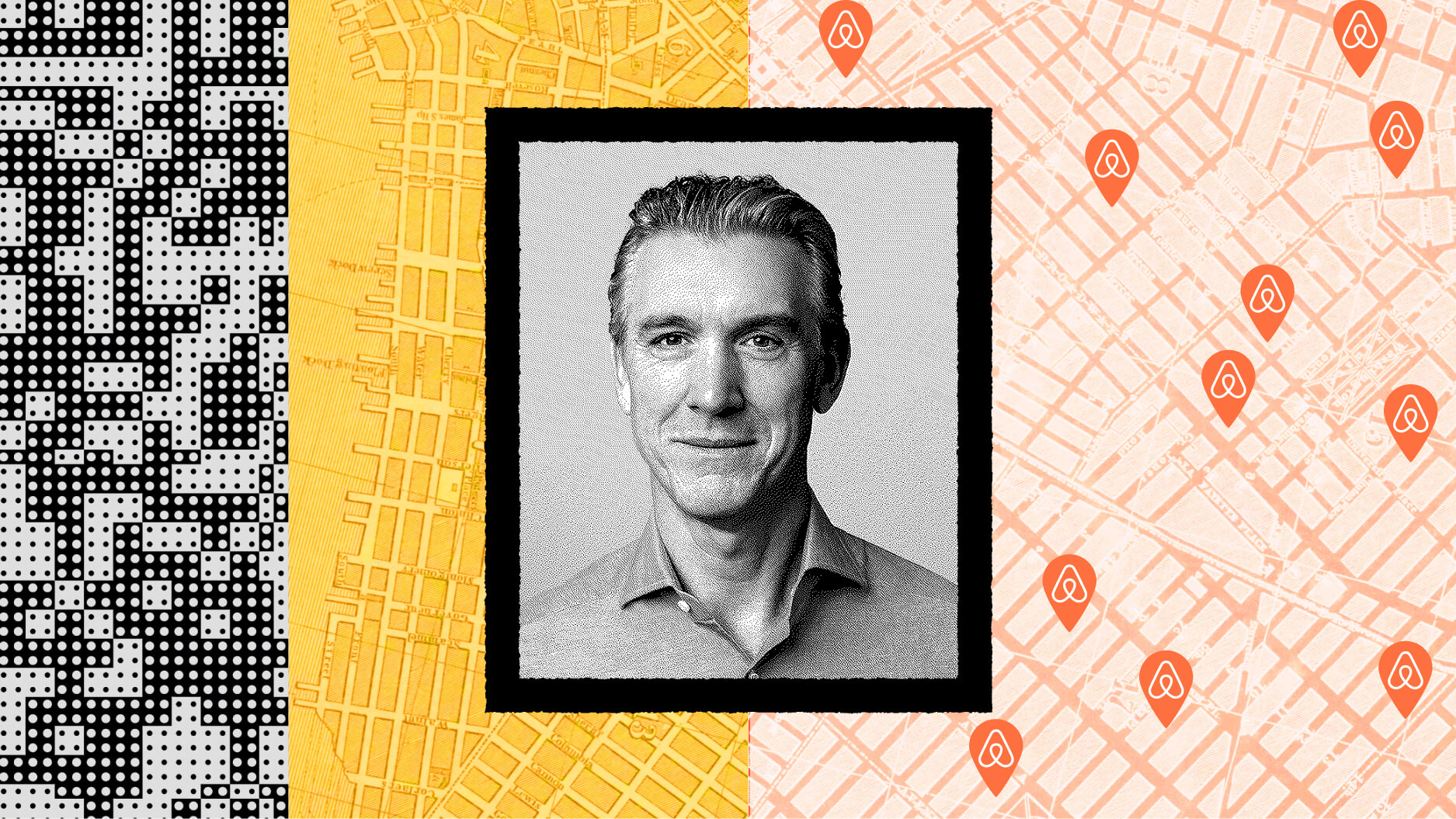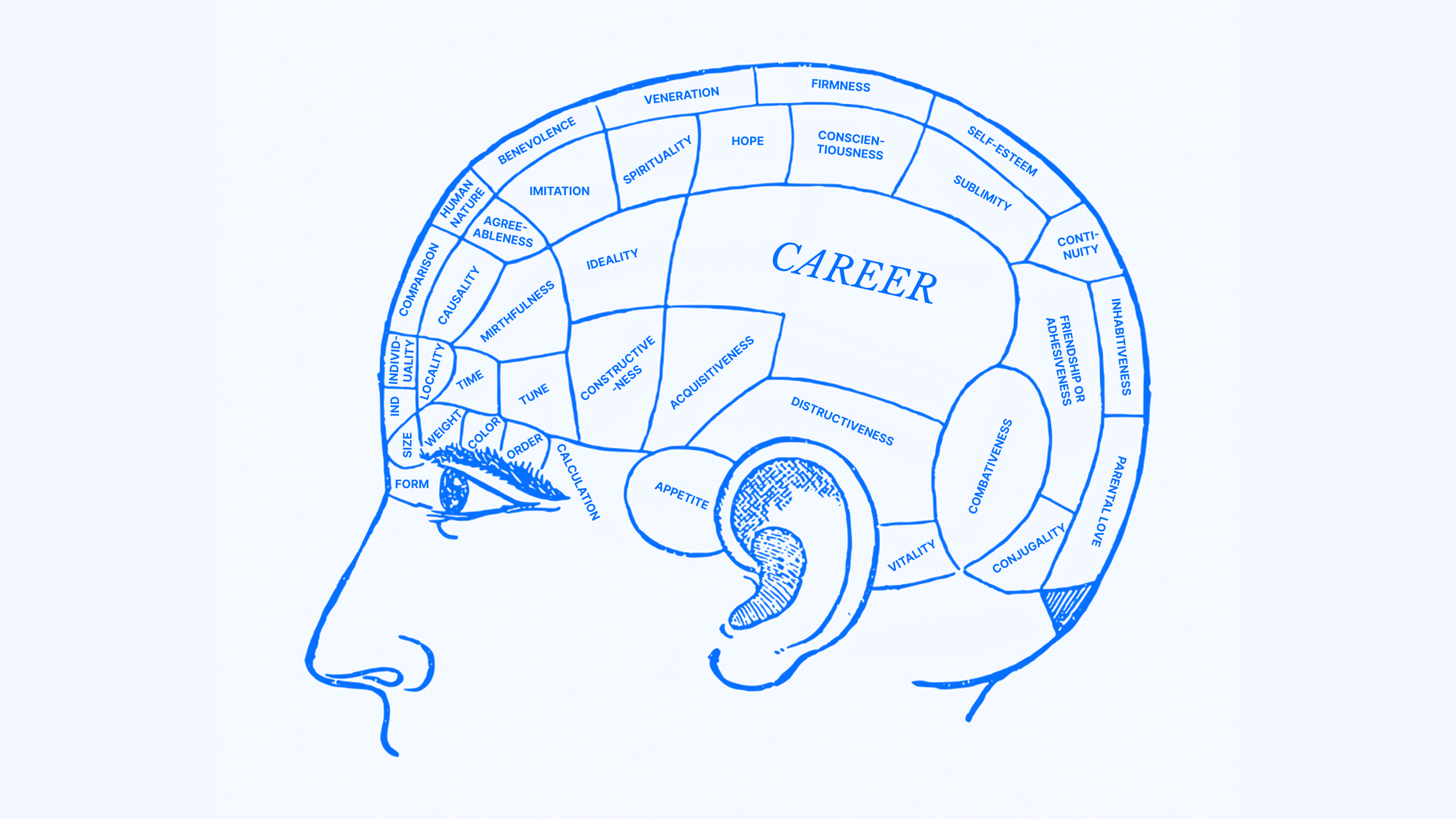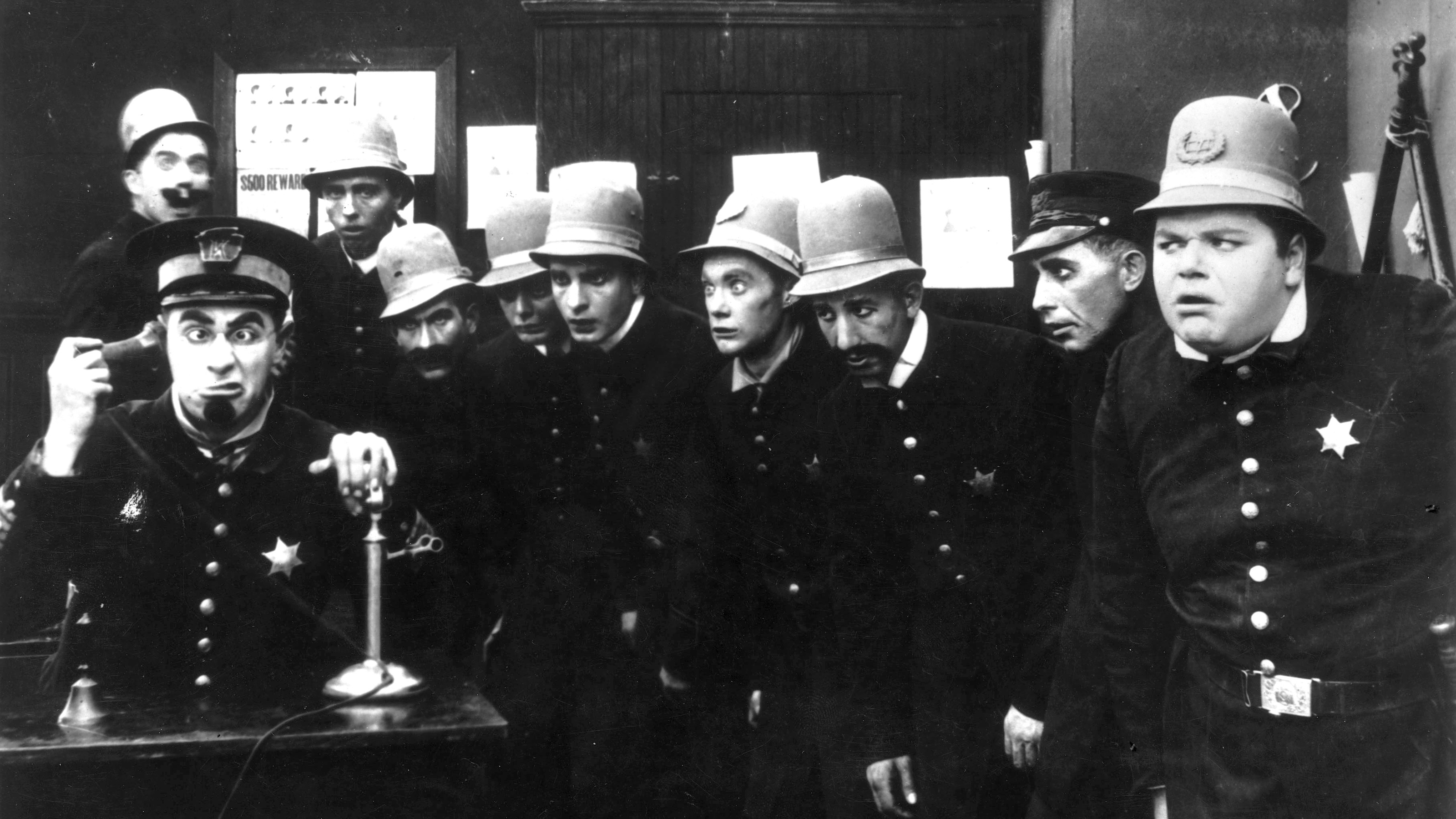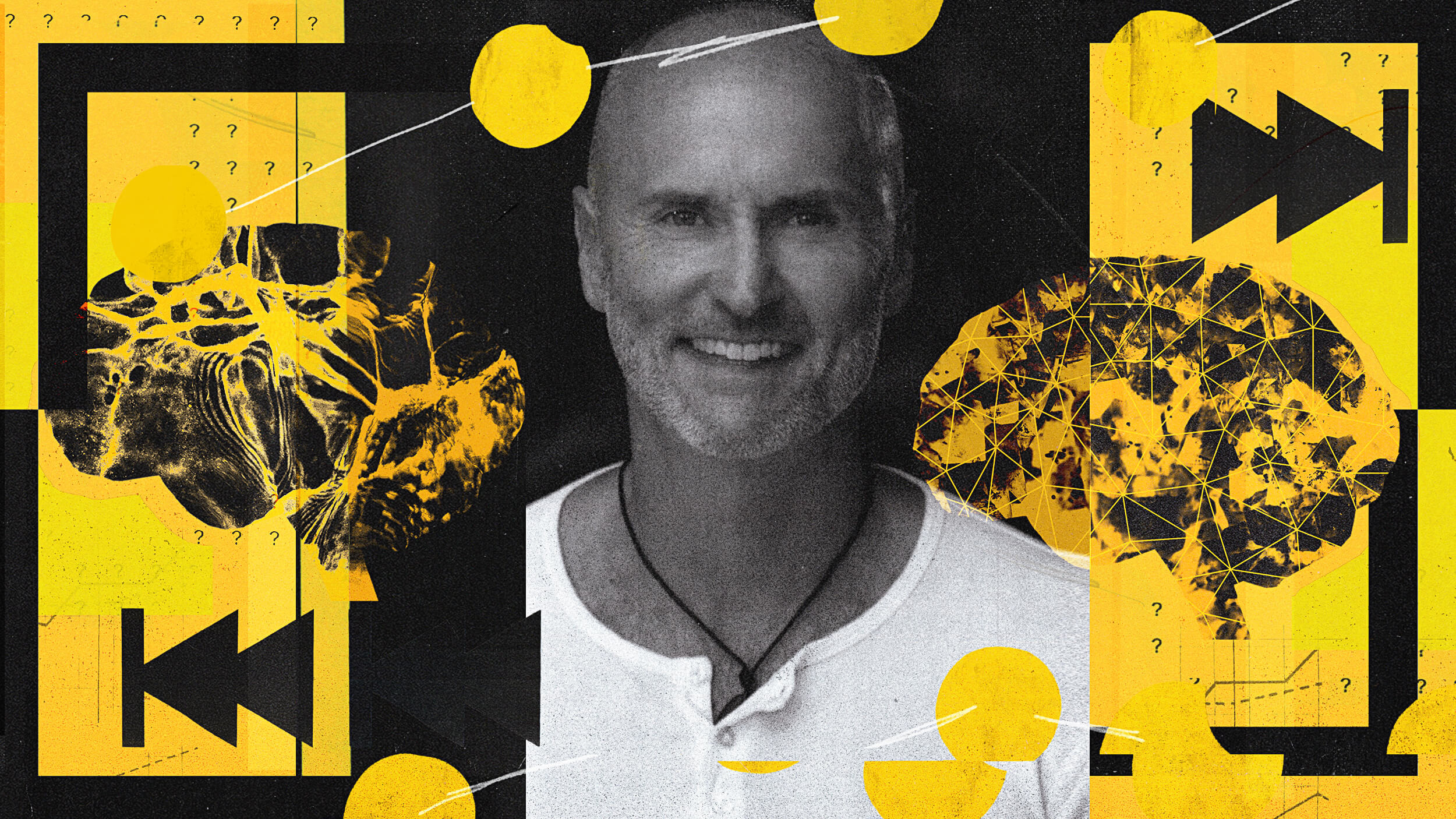Career Development
Aristotle taught that “knowing yourself is the beginning of all wisdom” — all leaders and teams should take note.
Reality TV star, music producer, and serial entrepreneur JoJo Simmons on the power of listening and the massive benefits of switching off.
The host of the Money with Katie Show has some priceless advice for women on how to approach pay-rise negotiations.
The outrageously accomplished magician-inventor-author chats to Big Think about fear, multitasking, and successful work-life reinvention.
The cofounder and CEO of red-hot billing platform Metronome unpacks his leadership journey.
Unconsidered productivity might leave you moving efficiently in the entirely wrong direction.
Networking — not zombie-crunching your job applications — gives you a better chance of getting sourced or referred for a role.
We manipulate constantly — but few of us want to be called “manipulative.” Here, ex-Google executive Jenny Wood redefines an unfairly maligned trait.
The road to “uncaged leadership” means reimagining your professional identity and value. Here’s how.
What we can all learn about the journey from sporting arena to workplace — and how Aristotle can guide our thinking.
Embedding any leadership philosophy in sports demands a selective and multi-disciplinary approach.
Former sports agent Molly Fletcher translates the discipline of great athletes into a framework for achievement in any field.
An authentic career strategy built around sustainability involves embedding these key principles into all jobs, argues Marilyn Waite.
Radically improve your work-life speaking and presentation skills with a technique used by musicians and brand-name politicians.
Sure, “who you know” matters — but your best contacts will be the ones you don’t know very well.
Storytelling skills are not just for entertainment — practical exercises used by the cream of Hollywood can transform your work-life.
The truly talented are those who got to where they are despite preconceived expectations.
In some organizations “founder mode” can become synonymous with over-reliance. Here’s how to avoid the pitfalls of “apparent irreplaceability.”
If “founder mode” runs its course, CEOs should cultivate a new skillset rooted in the authenticity of self-awareness.
Airbnb’s CBO, Dave Stephenson, joins Big Think for a chat about elite-team leadership, “founder mode,” the Taylor Swift effect, and more.
College degree? Not so much. Employers want teams with a diverse skill set who can adapt to changing industry demands.
If you’re out on a walk, you will see a different world than your dog, a bee, or an ant. Here are three reasons why that matters.
Want to get ahead? The best leaders are always humble, proactive and — above all — curious, advises Merlin CEO Jeremy Sirota.
We spend over a third of our lives at work, yet the global workplace is often not a happy place. The solution may lie with our feelings of attachment.
Why would someone who has spent their entire career following orders become a great leader overnight?
In a major shift, psychologists now view an out-of-control compulsion to work as an addiction with its own set of risk factors and consequences.
Unraveling the subtle mechanics of luck can help us better steer the wheel of fortune.
The Danish philosopher’s simple paradox — living forwards while looking backwards — can be translated into golden business insights.
Chip Conley — founder and CEO of JDV Hospitality and Airbnb’s former Head of Global Hospitality and Strategy — maps out an inclusive path from hindsight to wisdom.
David Novak — the cofounder, and former CEO and chairman, of Yum! Brands — celebrates the benefits of active, lifelong learning.
